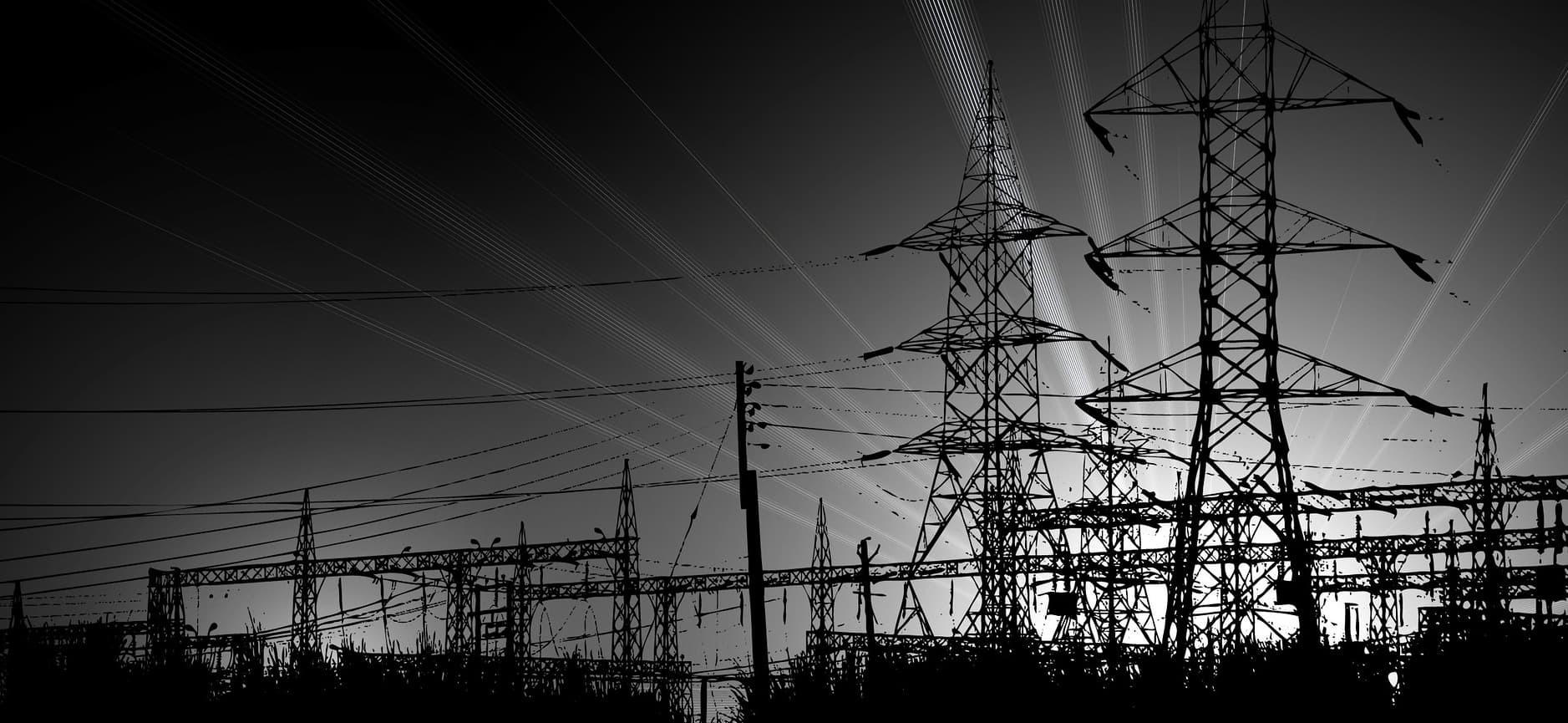Pakistan And Recent Energy Crisis

Pakistan now has among of the highest fuel costs in the area after recently increasing. The most recent hike in gasoline and diesel prices was in January 2023, following multiple price increases in the previous few months. Fuel cost increases are mostly a result of increased global oil prices. Since the beginning of 2020, oil prices have increased as a result of a number of causes, including the ongoing US-China trade war, the crisis in Russia and Ukraine, the coronavirus epidemic, and the production cuts by OPEC and its allies. Because of this, the price of imported crude oil has been continuously rising, pushing up the cost of fuel in Pakistan. In addition to rising global oil prices, the government of Pakistan has also increased fuel taxes several times in an effort to raise revenue. The administration has underlined the necessity to raise money to support budget deficit reduction and infrastructure development. The Pakistani economy has suffered as a result of the rising fuel prices, which have raised the cost of other goods and services as well. Because of this, consumer purchasing power has decreased, increasing inflation. In order to lessen the burden on customers, the government has implemented several steps, such as subsidizing fuel prices and establishing a fuel subsidy program. . The government has cautioned that additional price hikes are inevitable in the near future, but these steps are probably not enough to counteract the spike in fuel prices. The Pakistani economy continues to face difficulties due to the rise in fuel prices, and these issues are anticipated to get worse over the next few months. To lessen the effects of rising fuel prices, the government will need to take additional steps, such as stepping up its efforts to decrease the budget deficit and looking for methods to boost revenue. Consumers will need to prepare for future fuel price hikes in the interim.

An energy crisis can arise from a lack of fuel in a number of ways. First off, a scarcity of fuel may result in less energy being available, which may raise costs and result in less energy being used. As a result of the inability of industry and other energy-intensive activities to function, this fall in energy consumption may result in a decrease in economic production. A lack of fuel can also cause power outages because power plants can’t produce enough energy to fulfil the requirements of the people. Finally, a fuel shortage can cause an increase in emissions of pollutants, as burning of traditional fuels such as coal and oil releases more pollutants into the environment. The crisis is a result of a number of factors, including a lack of investment in the energy sector, mismanagement of existing resources, and a lack of political will to address the issue. The lack of investment has been a major issue for some time, with the country failing to build new power plants for many years. As a result, the existing power plants have aged and become increasingly inefficient. In addition, the government has been unable to purchase new power plants from foreign countries, resulting in a lack of capacity to meet the growing demand.
Numerous issues might arise in a nation due to a gasoline shortage. This may include rising fuel prices and more competition, heightened energy insecurity, and a potential recession in the economy. A fuel shortage can also affect other industries, such as transportation, and raise the likelihood of blackouts and other energy-related issues. The inadequate management of available resources has contributed to the energy crisis. Due to ineffective government management of the energy resources, there has been a decrease in resource efficiency and an increase in energy losses. This has led to an increase in energy costs, as well as an increase in the cost of electricity. The lack of political will to address the energy crisis has also been a major factor in the crisis. The government has failed to implement the necessary reforms to improve the energy sector, resulting in a lack of investment and an increase in energy costs. The energy crisis in Pakistan is a serious issue, and the government needs to take action to address it. It needs to invest in the energy sector and take steps to improve the efficiency of existing resources. In addition, the government needs to develop a long-term strategy to ensure that the energy crisis does not become worse in the future.